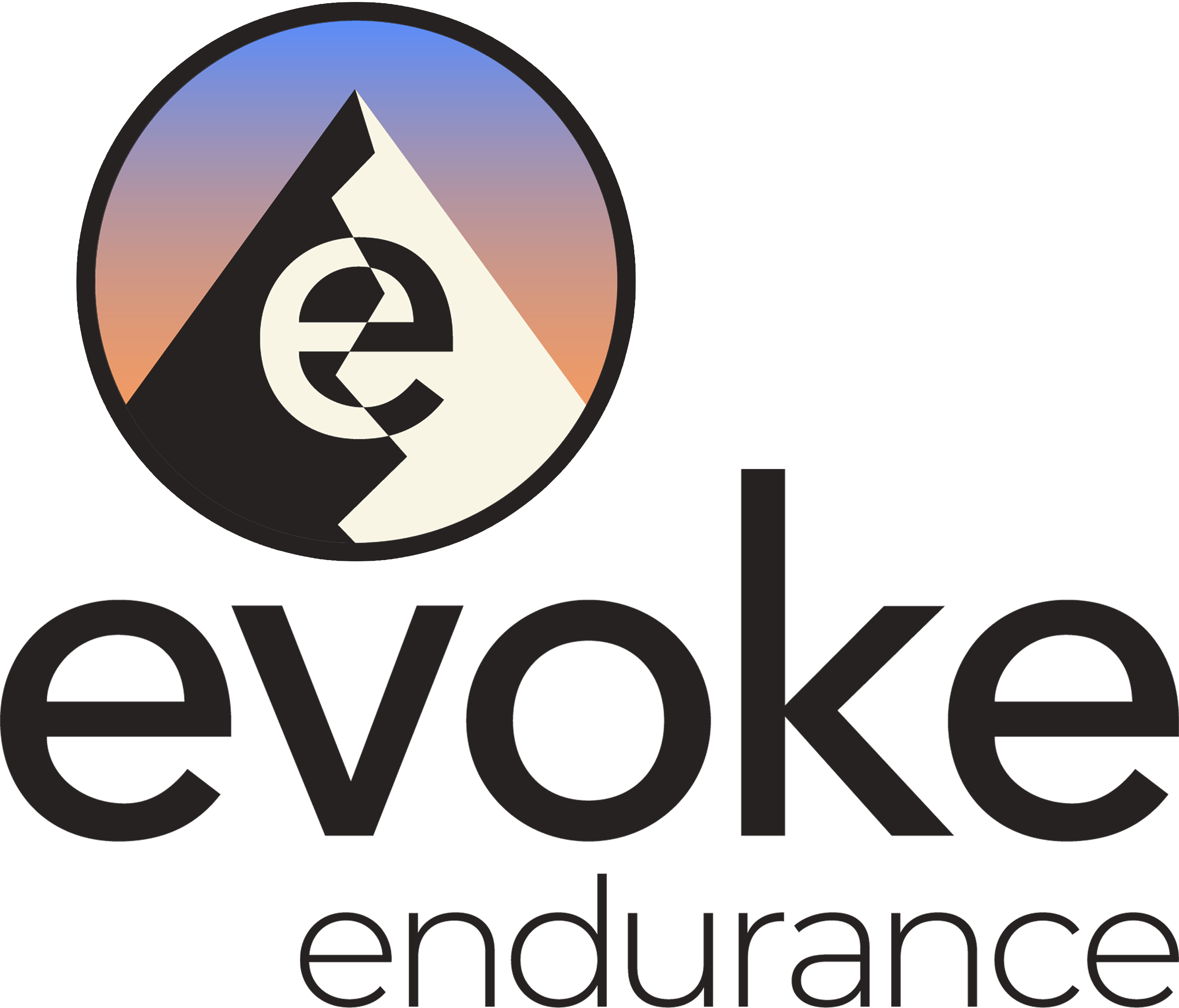

Author: Larry Goldie – AMGA instructor team member for all disciplines since 2009
Becoming a certified guide in any of the three disciplines is a long and challenging process. During this process, while there are many factors out of the candidate’s control, there are just as many that are well within your control. Here, we will talk about some strategies to control as many variables as possible to set yourself up for success to pass your exam and become a better guide.
Things beyond your control
Let’s first look at some of the factors that are out of your control. Among these are the weather, the conditions, and the instructors. While you can’t do much about any of these, being strategic can play a huge role here. Regarding the weather, you can set yourself up by taking a course at a time of year when the weather is likely to be better (think July or August in the Cascades vs. September). You can get to know the conditions by arriving early to the area to prep and using any network of local guides to pass along beta on current route conditions. Finally, remember that regardless of who the instructors are, they have two goals for every program. The first is to have everyone complete the course safely, and the second is to see everyone become a better guide. Being open to feedback and understanding the goals of the instructor team will ultimately provide you with a better experience on your exam. Even if you disagree with the feedback you receive, try to take it gracefully and not argue. Reflect on it and be open to changing your perspective.
Things in your control
Next, let’s talk about the things that are in your control. These include your fitness, your preparation, and your attitude. There is no question that showing up in great shape and well-rested will give you much additional bandwidth to focus on the guiding challenges. Many candidates make the mistake of training right up until the day before the exam and arrive already carrying a load of fatigue. One of the smartest moves is to spend the season leading up to your exam building your fitness (this takes time!), then arrive at the venue early to check out conditions, climb or ski some routes, and finally, take 3-4 very easy rest days leading to the course start. These can be used for practicing rescue drills, creating tour plans, pre-writing welcome emails, doing yoga, getting your gear dialed, and stockpiling calories of healthy food. Any guide’s course or exam is essentially an endurance event lasting from 5-12 days. Arriving fit and well-rested will set you up for success much more than getting to know every possible route you may climb or ski.
Preparation
Next is your preparation for the course. This is different from preparing physically. This is making sure you have the guiding skills necessary to do well. One of the best ideas here is to carefully read the evaluation from your previous course and make sure you meet, or even better, exceed the prerequisites or recommended steps before taking the next program. This might be anything from mock guiding long rock or alpine routes to tackling overnight ski tours in complex, glaciated terrain. This experience will be invaluable for you as opposed to just relying on your normal guiding assignments to get you prepared. Coordinating with other candidates to arrive early and spend some time mock-guiding each other in the venue is an excellent method of gaining this experience. Many candidates will tell you that this “cross-pollination” is some of the most valuable training they have received throughout their guide’s education. Another strategy is to hire an AMGA instructor privately for training before your exam. This has become much more common in recent years and can be made more affordable by getting together with other candidates to share the cost. Having done this many times, I recommend doing this well before your exam so you have time to incorporate this feedback before you show up for the course. Finally, do your homework! Get the most recent and trusted beta and descriptions for the routes you plan to climb or ski. Having recent ground truth GPS tracks for the approach and descent doesn’t remove the need for route finding in the terrain, but it is a huge piece of mind regarding the big picture of where you are heading.
Attitude
Lastly, we come to your attitude. The stress of a guide’s exam can be overwhelming. Between the money you have invested, the time away from home/family/work, and all of your friends and peers, knowing that you are going through this process and waiting to hear how it went can feel crushing at times. While there are no silver bullets to alleviate this stress, a few tricks can ease the stress a bit here.
- First, take the program one day at a time. Don’t look at it as a nine-day course; instead, just focus on today. Be here now! By staying in the present, you can take away the anxiety that comes from worrying about the coming days.
- Next, if you make a mistake, fix it and put it behind you. No one is expected to be perfect, but correcting your errors early is better than covering them up or hoping things will work out. After that, forget about them. Once again, stay present and focused on what’s happening now! You can’t change the past.
- Put up an autoresponder on your email, take a vacation from social media, and have all your food shopping done before the course. These things can free up some bandwidth to allow you to focus on eating well, getting good sleep, and showcasing your best guiding. Don’t be afraid to get a hotel if you need a good night’s sleep, internet, a shower, time for tour planning, etc…..
- Finally, use the time when you are not in the lead to fuel yourself. This is a great time for addressing your personal care needs so that when you are in front, you can give all your attention to your guests. Use this time to ensure you know where you are on the route and any key navigation points necessary for the near future.
While guides’ courses and exams can be extremely stressful, they can also be fun, memorable, and bonding experiences that most guides never forget. By controlling the factors within your control and keeping a positive attitude throughout the process, you are doing everything possible to set yourself to do well, learn a lot, and ultimately enjoy the experience.
In addition to coaching for Evoke, Larry Goldie is a full-time mountain guide, North Cascades Mountain Guides co-owner, and an instructor and examiner for the AMGA. He was the 28th American IFMGA guide and has been an AMGA national instructor team member working in all disciplines since 2009.



